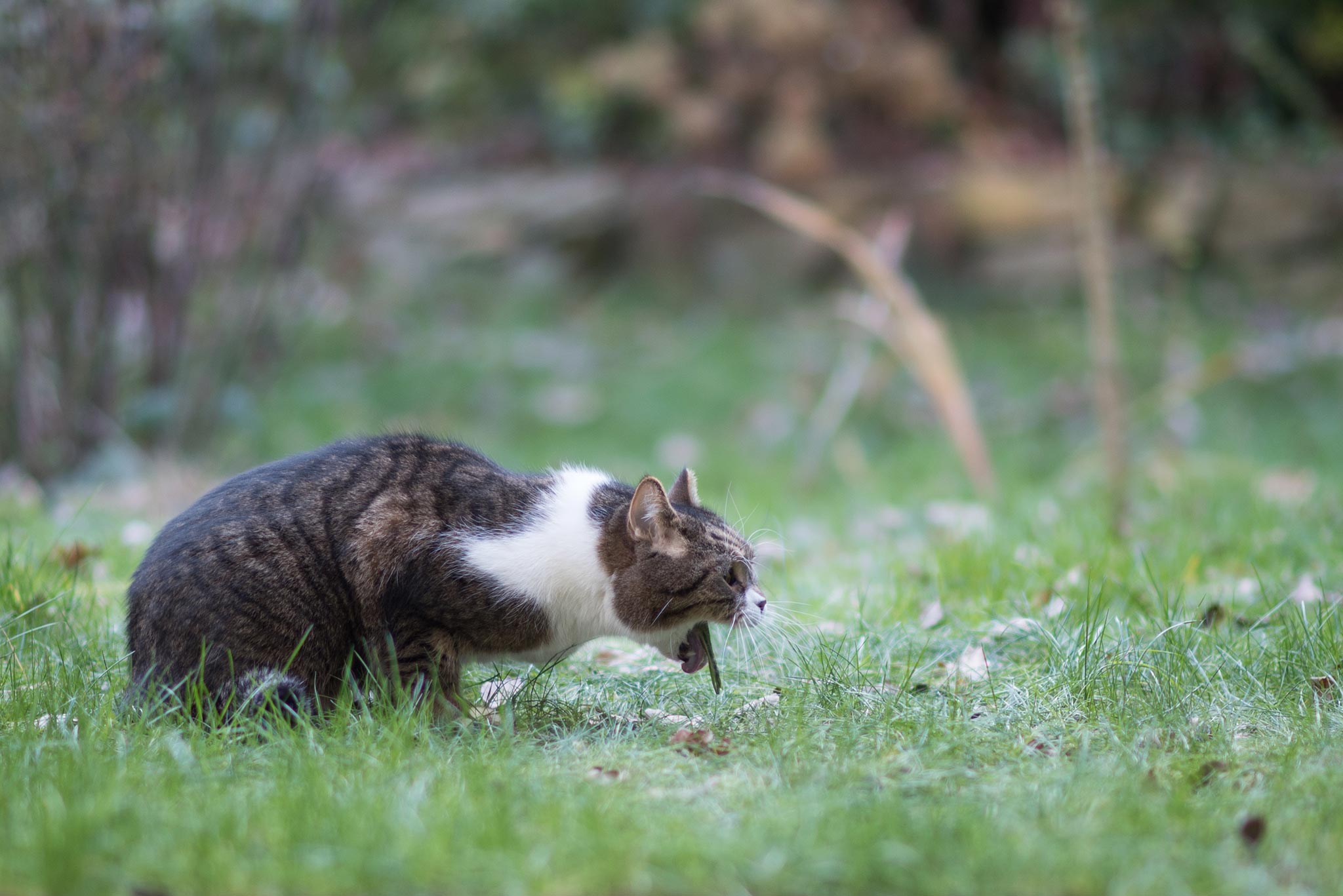7 Possible Causes for Cat Vomiting and How To Help Your Pet
If your cat is vomiting, it can be worrying. Understanding the reasons behind cat vomiting and knowing when to seek help is key. This blog will walk you through seven common causes of this issue and offer guidance on when to reach out for help. If you have concerns or need more details, Pets Furst Urgent Care in Langhorne, PA, is here for you and your pet. Give us a call at (215) 755-1000 to talk with our team or to set up an appointment.

1. Eating Too Quickly
Some cats eat their food too fast, which can lead to vomiting. This happens because eating quickly can cause air to be swallowed along with the food, leading to discomfort and regurgitation. To help your cat, consider using a slow-feeder bowl or dividing meals into smaller, more frequent servings. These steps can encourage your cat to eat more slowly, reducing the chances of vomiting.
2. Hairballs
Hairballs are a common cause of vomiting in cats. As cats groom themselves, they swallow hair, which can accumulate in the stomach and form a hairball. If your cat is coughing up hairballs frequently, regular grooming can help reduce the amount of hair they swallow. There are also specialized cat foods designed to minimize hairball formation by improving skin health and digestion.
3. Dietary Indiscretion
Cats are curious by nature and sometimes eat things they shouldn’t, such as spoiled food, toxic plants, or inedible objects. This can lead to stomach upset and vomiting. Keeping harmful items out of reach and monitoring what your cat has access to can help prevent these incidents. If you suspect your cat has eaten something harmful, contact Pets Furst Urgent Care right away.
4. Food Intolerance or Allergy
Some cats may develop a sensitivity or allergy to certain ingredients in their food, which can cause vomiting. Signs of a food intolerance or allergy include chronic vomiting, diarrhea, or skin issues. If you notice these symptoms, a vet might recommend an elimination diet to identify the offending ingredient. Always work with a professional to safely alter your cat’s diet.
5. Parasites
Intestinal parasites, such as worms, can cause vomiting in cats. Routine veterinary checkups can help detect and treat these parasites before they become a bigger issue. Preventative treatments are available to keep your cat parasite-free. If you’re concerned about parasites, our team at Pets Furst Urgent Care can provide guidance and treatment options.
6. Infections
Viral or bacterial infections can also lead to vomiting in cats. Common infections include panleukopenia and gastrointestinal infections. Symptoms might include fever, lethargy, and loss of appetite alongside vomiting. If you think your cat might be sick, getting them examined by a veterinarian is crucial. Early diagnosis and treatment can make a big difference in your cat’s health.
7. Chronic Diseases
Chronic conditions such as kidney disease, hyperthyroidism, or diabetes can cause vomiting in cats. These conditions often require ongoing management and care. If your cat is vomiting regularly without an obvious cause, it’s important to have them evaluated by a vet. Our team at Pets Furst Urgent Care is experienced in diagnosing and managing chronic conditions in pets.
How To Help Your Pet
If your cat is vomiting, keeping a close eye on them is important. Note how often the vomiting occurs, its appearance, and any other symptoms. This information can be incredibly helpful to our veterinary team. If the vomiting is severe or accompanied by other symptoms like lethargy or a change in appetite, it’s time to call us at (215) 755-1000.
Our priority is your cat’s health and comfort. We understand how stressful it can be when your pet isn’t feeling well, and we’re here to provide the care and support you both need. At Pets Furst Urgent Care, we’re committed to helping your cat live a healthy, happy life. If you’re concerned about your cat’s vomiting, don’t wait. Reach out to our team for advice and assistance.
recent posts
About Us
At Pets Furst Urgent Care, your time is important to us. That’s why we’re here: To provide the highest level of pet urgent care possible on a walk-in basis. That means you can stop in at any time during our office hours to see a knowledgeable veterinarian.

